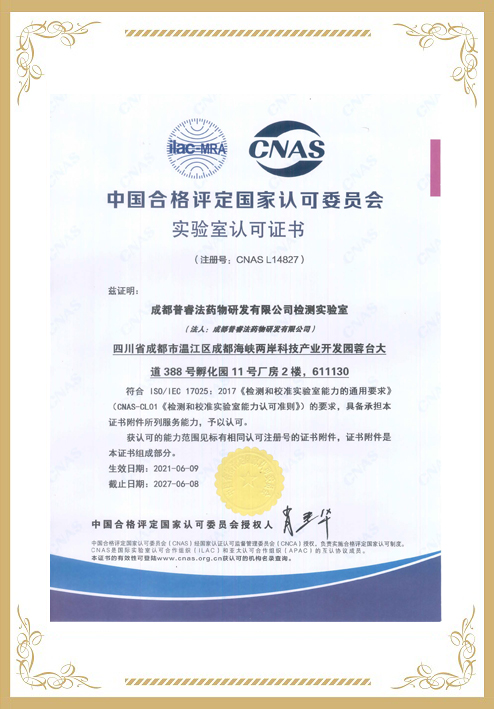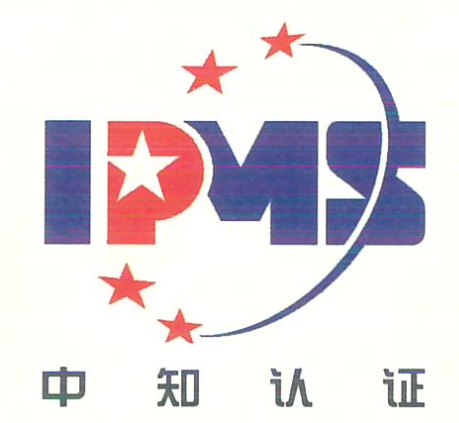ABSTRACT Received: 2020 April 21 1st Revised: 2020 May 5 2nd Revised: 2020 May 11 3rd Revised: 2020 May 21 Accepted: 2020 May 21 This is an open access article distributed under the terms of the Creative Commons Attribution Non-Commercial License (http:// creativecommons.org/licenses/ by-nc/3.0/) which permits unrestricted non-commercial use, distribution, and reproduction in any medium, provided the original work is properly cited. Background: Angelica gigas Nakai, that belong to the Umbelliferae family, is one of the traditional medicinal plants in Korea. Its roots have been used to treat gynecological diseases. In this study, growth characteristics and index components were compared with the forest microclimate at several forest sites. Methods and Results: A. gigas was planted in three climatic zones according to the temperature (southern temperature zone - Hamyang, central temperature zone - Bonghwa, and northern temperature zone - Jeongseon) and growth characteristics were investigated in comparison with the forest microclimate. Our results indicated that the root diameter and length, and fresh and dry weight were the highest in Jeongseon. The total content of decursin was the highest in Jeongseon (9.52%), followed by those in Hamyang (8.07%) and Bonghwa (7.48%), respectively. Additionally, the yield of decursin (1.39 g) was the highest in Jeongseon. Conclusions: The yield and index components were influenced by the microclimate in the forests, and it was assumed that high altitude and low temperature affected the increase in growth and index components. These results will be useful as basic data to study the correlation among environmental conditions, growth, and index components.
… 증가시켰다. 각 성분별 표준품 nodakenin, decursin (Sigma-Aldrich Co., St. Louis, MO,
USA),
decursinol angelate (
Biopurify Phytochemicals Ltd., Chengdu, China)을 이용하여
20, 100, 200 ㎍/㎖의 농도로 표준검량선을 작성하였다. 각 …























